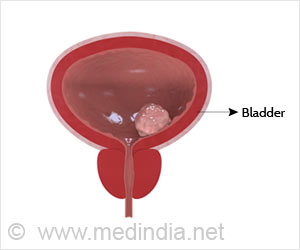Frequently Asked Questions
1. Which doctors do cystectomy?Cystectomy is usually performed by an urologist.
2. What are the advantages of robotic surgery for cystectomy?
Robotic surgery has the following advantages over other procedures:
- 3D visualization and better access to internal structures without having to change patient position.
- Increased dexterity resulting in accuracy of dissection and protection of nerves and blood vessels. Blood loss appears to be less.
- Easy manoeuvring with a comfortable and ergonomic position for the surgeon.
3. Which tests are required during follow up?
During followup tests will be done to rule out cancer recurrence such as MRI and PET-CT, routine blood tests such as full blood count and liver and kidney function tests, checking for the development of urinary obstruction and stone formation in the blader
4. Do localized bladder cancers also require cystectomy?
Early localized bladder cancers are usually treated with surgical removal with a cystoscopy and instillation of Bacille Calmette-Guérin (BCG), mitomycin, or thiotepa depending on the need. Cases that do not respond to these treatments or if cystoscopy is not possible may be considered for cystectomy.
5. Can cystectomy be associated with mortality?
Since cystectomy is a major procedure, in some cases death could occur especially due to cardiovascular events, infection, or pulmonary embolism. Death may also occur following progression or recurrence of the cancer.
6. Is it possible to introduce a synthetic bladder?
Currently, a completely synthetic bladder is not possible. However, tissue engineering could help to produce a bladder to replace the removed one in the future.









